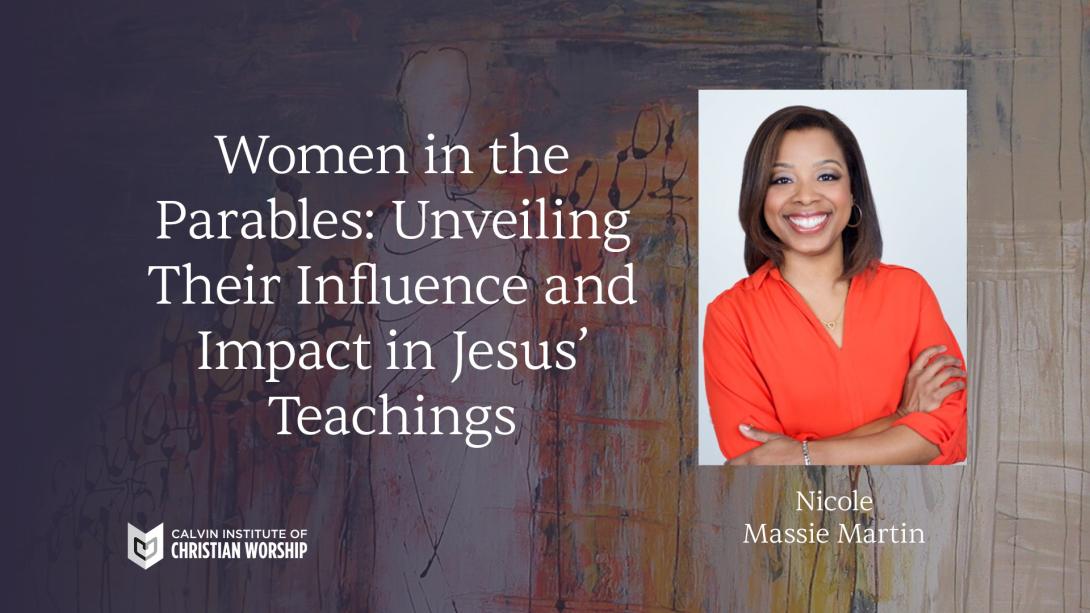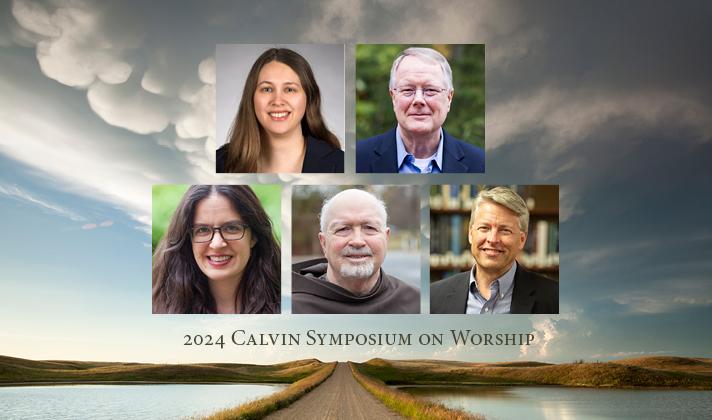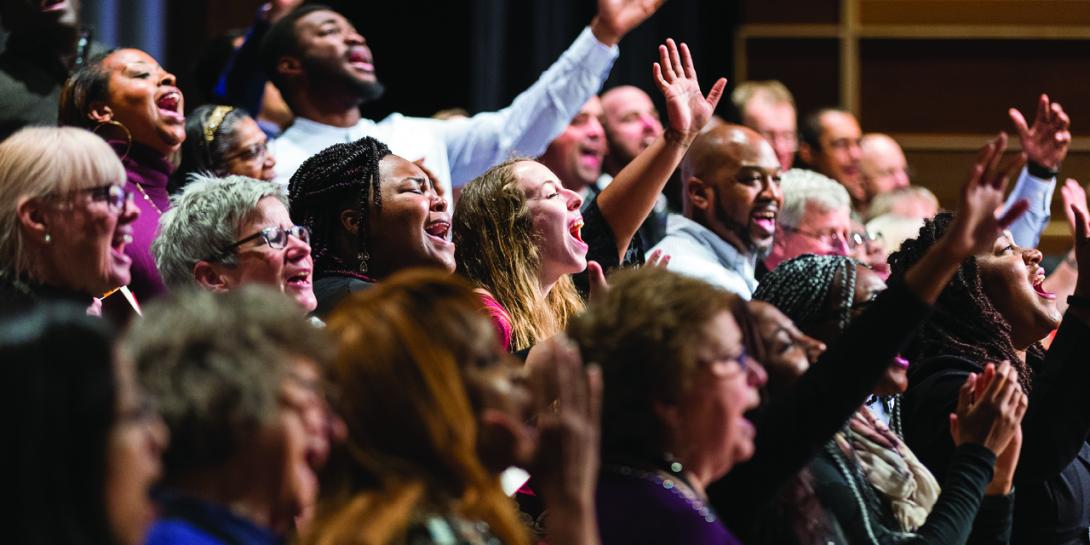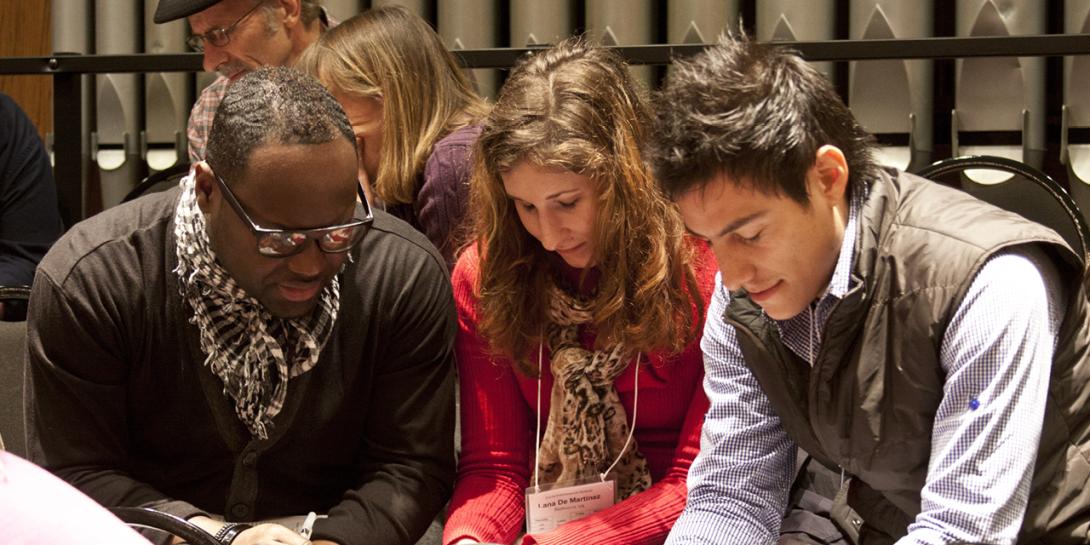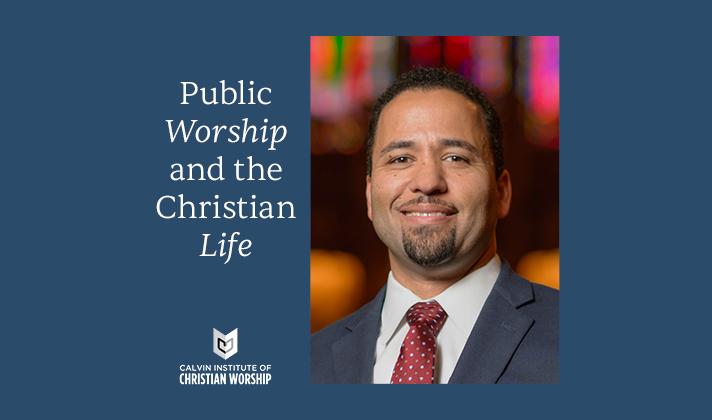Lent Resource Guide
This list of Lenten art, music, devotions, liturgies, books, and sermons will help you plan worship for Lent and includes resources for Palm Sunday, Maundy Thursday, and Good Friday.
Women in the Parables: Unveiling Their Influence and Impact in Jesus’ Teachings
Explore the sometimes overlooked but vital roles women play in the parables of Jesus.
How the Nicene Creed’s 1,700th Anniversary Can Unify Christians
In popular culture, the ancient Council of Nicaea is sometimes seen as a conspiracy to consolidate power. Some Baptist, evangelical, and nondenominational churches are resistant to creeds, and Christians who recite the Nicene Creed weekly or at least regularly in Catholic, Orthodox, and many Protestant traditions don’t appreciate the depth of the theology in what they are saying. Still, many theologians and historians hope that celebrating the 1,700th anniversary of the Nicene Creed in 2025 can unify global Christians.
Leopoldo Sánchez on Preaching the Holy Spirit at Advent and Christmas
Many Christians understand the liturgical calendar as a way to follow the birth, ministry, death, and resurrection of Jesus Christ. Pentecost season reminds us of the Holy Spirit’s work. But Leopoldo Sánchez suggests a theological twist for Advent and Christmas to remind us of the Holy Spirit’s role in the life of Jesus—and in our own lives.
Leopoldo Sánchez on Holy Spirit Worship Practices at Christmas and Beyond
Advent and Christmas present unexpected opportunities to remind us how the Holy Spirit empowers us to participate with and be more like Jesus Christ. The lectionary, visuals, cultural traditions, “Come, Holy Spirit” prayers, and songs can invite us into the trinitarian drama. Spoiler alert: these Spirit Christology approaches apply to every liturgical season.
Arbin Pokharel on Shepherd Leadership in the Nepali Reformed Churches
The Nepali Reformed Churches are learning about biblical ecclesiology and shepherd leadership to become more Christ-centered and to prepare for a potentially turbulent future. Churches around the world can apply this learning in their own contexts.
Derek Schuurman on a Reformed Worldview and Artificial Intelligence
Many Christians are wary about rapid advances in artificial intelligence (AI). Some think AI has nothing to do with faith or the Bible. Others worry that AI will take over the world. Computer science scholar Derek Schuurman discusses how to connect bytes and beliefs.
Receptive Ecumenism in Neighborhoods, Soccer Fields, and Workplaces
This session will explore how to talk about differences in Catholic and Protestant worship. Every time we talk with a neighbor, teammate, or coworker from a different Christian tradition about what we do in worship and why, we are practicing liturgical theology.
Brian Hehn on an Ecumenical CCLI Top Songs List
CCLI (Christian Copyright Licensing, Inc.) hugely influences what many congregations sing, so the United Methodist Church began vetting CCLI Top 100 songs in 2015. Since then, song leader Brian Hehn has been encouraging other denominations to vet these popular contemporary worship songs so he can eventually create an ecumenically approved list of CCLI Top 100 songs.
Daniel I. Block on God’s Grace in Ezekiel
Although Ezekiel’s strange visions and often shocking images perplex readers, Old Testament scholar Daniel I. Block explains why the book of Ezekiel is worth reading. The judgment, grace, and love God spoke through Ezekiel to Israel also apply to the church today.
Cory B. Willson on the Faith/Work/Worship Ecosystem
Theological conversations about faith, work, and worship take on new meaning when they start with the needs, questions, and experiences of workers.
Luke A. Powery on Living the Questions of the Bible
Luke Powery encourages preachers and worshipers to embrace the space and place the church provides to ask questions as a faithful way of Christian discipleship and engaging with God.


